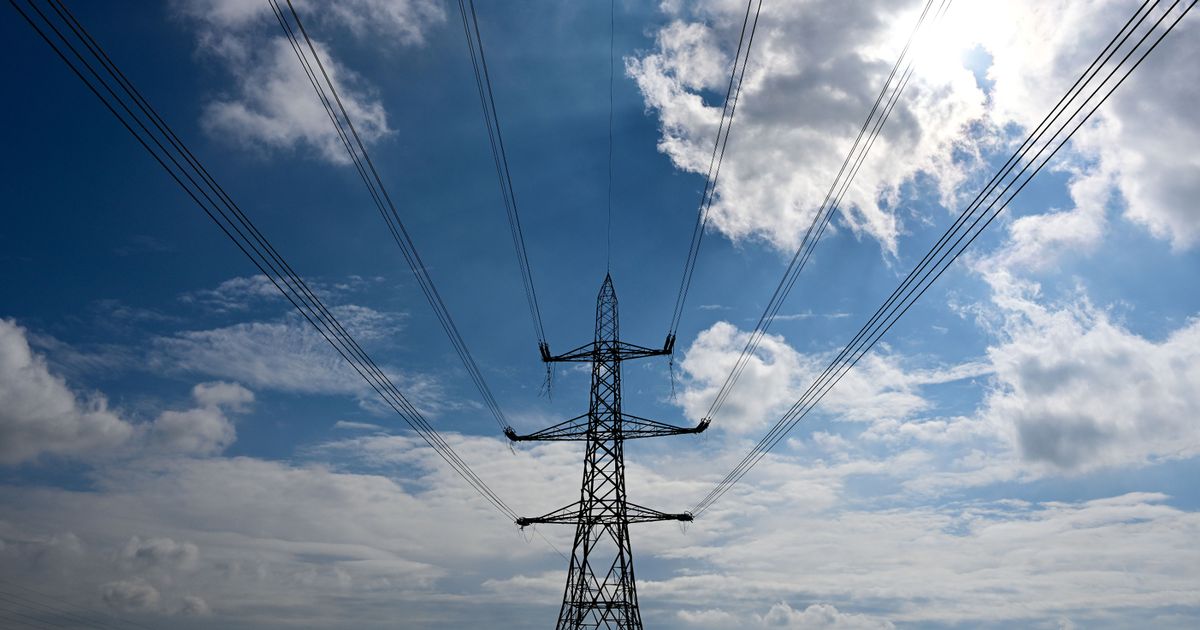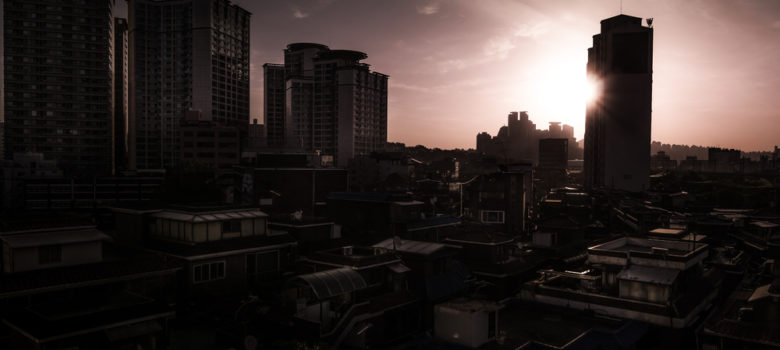Keeping Safe In A Time of Crisis
With potential blackouts being predicted for the United Kingdom, most people have not considered what effect this will have on their day-to-day life and well-being.
Here at Aldermans Consultants, we are old enough to remember the last time the lights went out and the population lived by candlelight.
In 1972 the UK was suffering huge rises in inflation, as a consequence workers wage fell including those of the mining industry and rail workers. Following a vote, miners and railway workers decided to strike bringing the energy supply to the UK to its knees (UK energy relied heavily on coal being mined and transported to the power stations).
To reduce electricity consumption, and thus conserve coal stocks, the Conservative Prime Minister, Edward Heath, announced several measures, including reducing the consumption of electricity by announcing a series of pre-arranged blackouts.
With most of us heavily reliant on the use of electricity for running our homes, heating, communications, transport and security, the effects of a power outage will be significant, and without real planning, worrying and dangerous.

But there are actions that can be taken to mitigate the risks, stay safe and remain comfortable:
- Have a household disaster plan that you and your family can follow if something occurs
- Have on hand quilts and blankets to deal with cold temperatures
- Ensure your power banks and mobiles are charged
- To ensure the continuity of operation of CCTV cameras, recording and IP systems during supply or power failures, standby or backup power system is essential as the first point in securing the service
- At least consider an uninterruptible power supply (UPS) to maintain a secure environmentKeep a torch in each room of your house and in your office (and test that they work)
- Keep plenty of batteries on hand, too, or consider light sticks or a motion powered flashlight that does not need batteries.
- Keep candles and/or oil lamps on hand for light. Don't forget matches!
- Keep the emergency number for your electric utility handy in case you need to call.
- Keep an ice chest readily available to store medications that must remain cold. Store ice packs in your freezer and ready for the ice chest.
- If you use electricity for your water, such as a well with an electric pump, have enough water available to last a couple of days. You should have at least a gallon of drinking water a day for each person in your house for drinking and cooking. Non-potable water uses, such as water for flushing toilets, can be met with water from rain catchment barrels.
- Have sustainably sourced disposable utensils and dinnerware on hand so you do not need to use water to wash dishes.
- Keep the pantry stocked with some easy-to-open, non-perishable foods that require no cooking.
- If you want to have a backup generator, make sure it is installed by a qualified electrician.
- If you have an outdoor BBQ keep the gas bottle full, or if it is an open burning grill make sure to have plenty of charcoal or wood on hand. A grill can be a handy to cook while the power is down.
- Keep a household first aid kit
